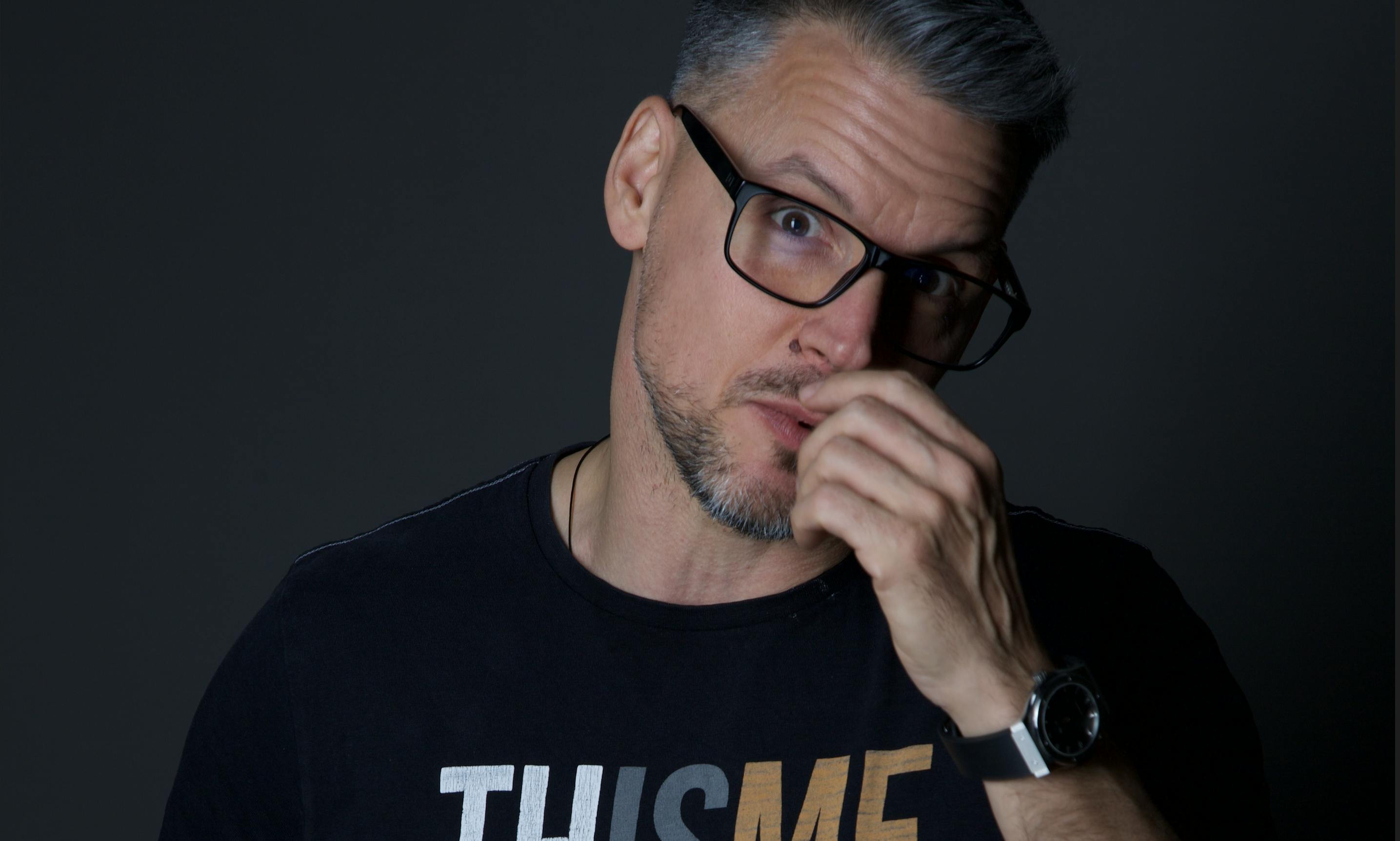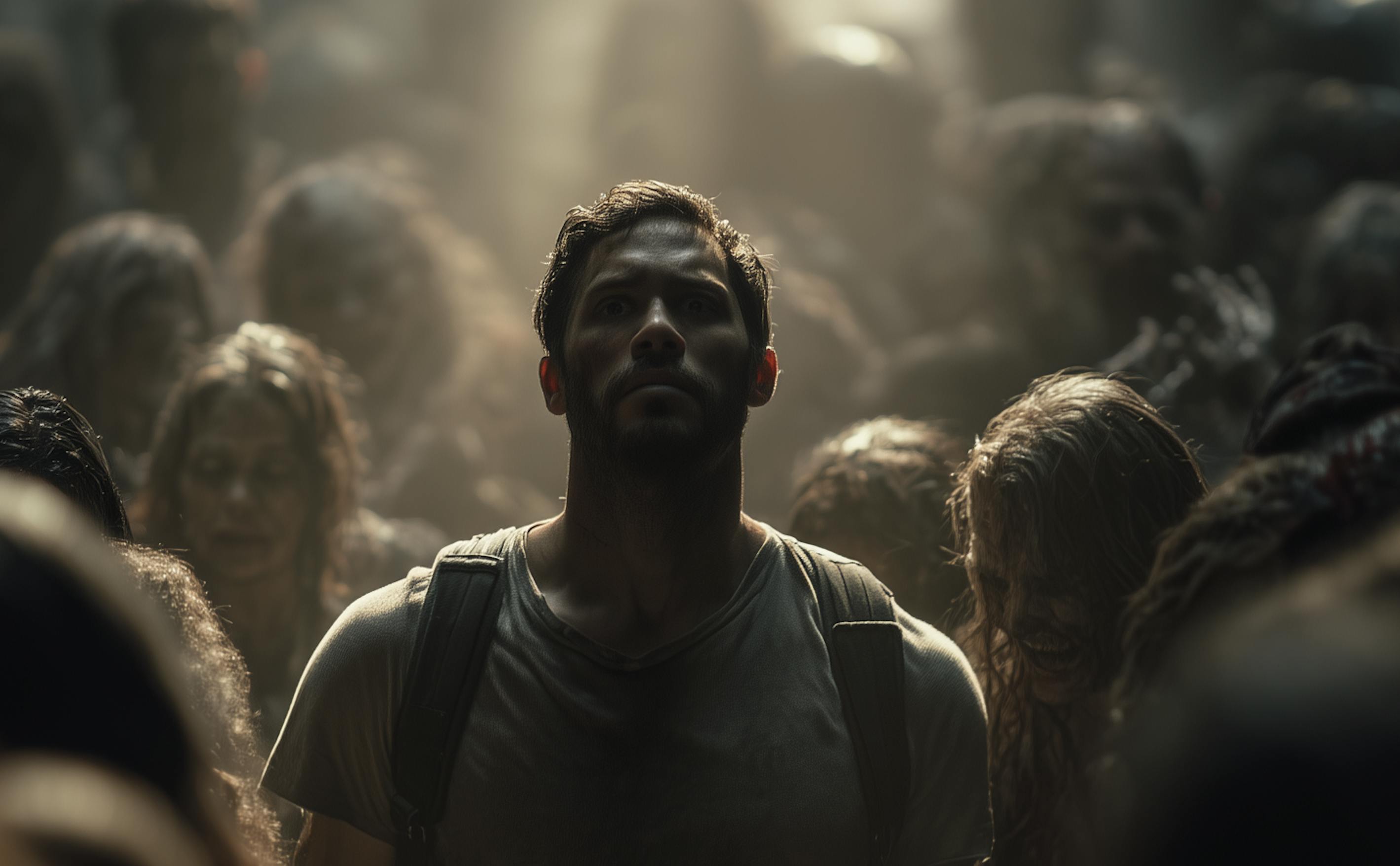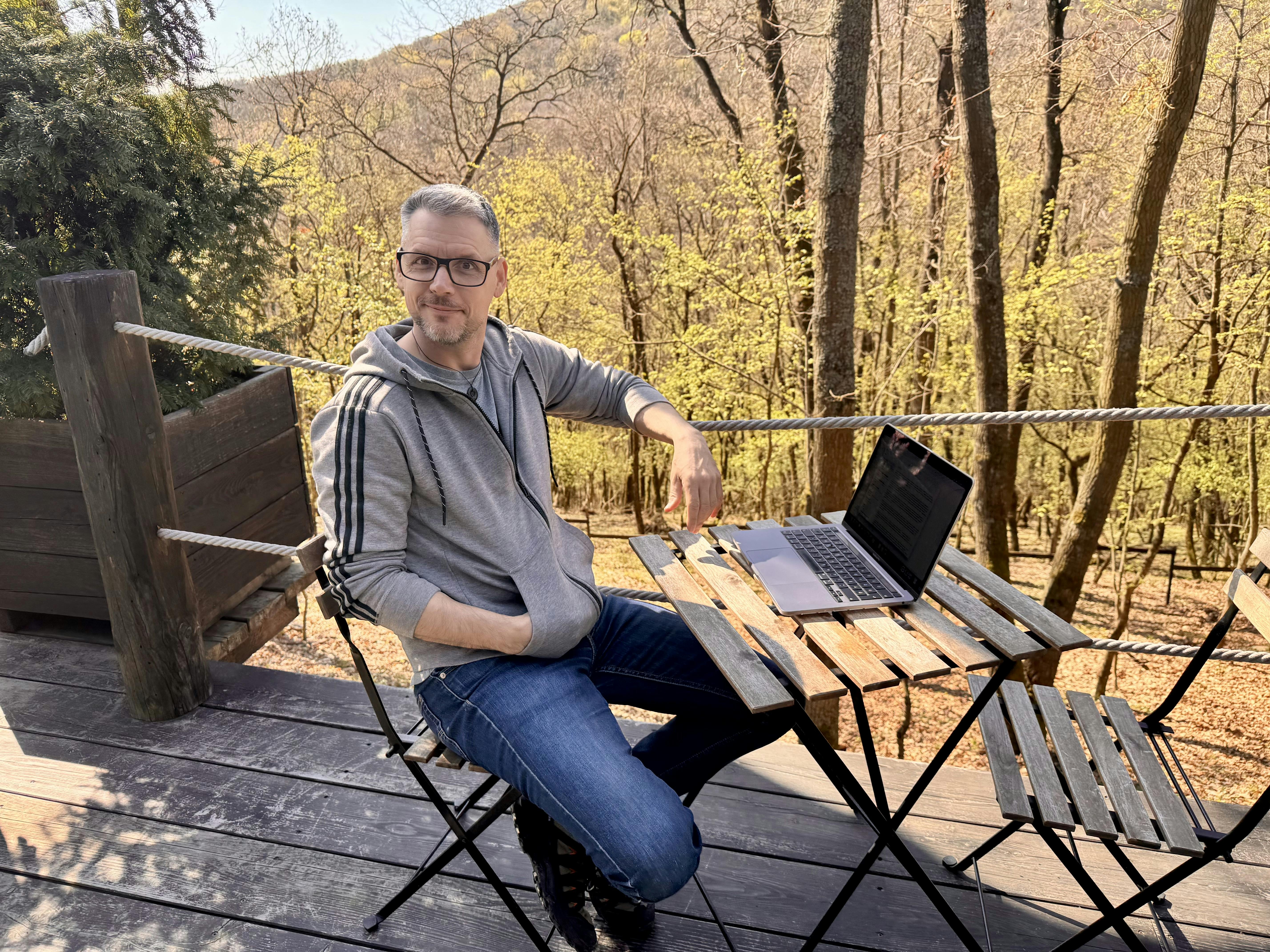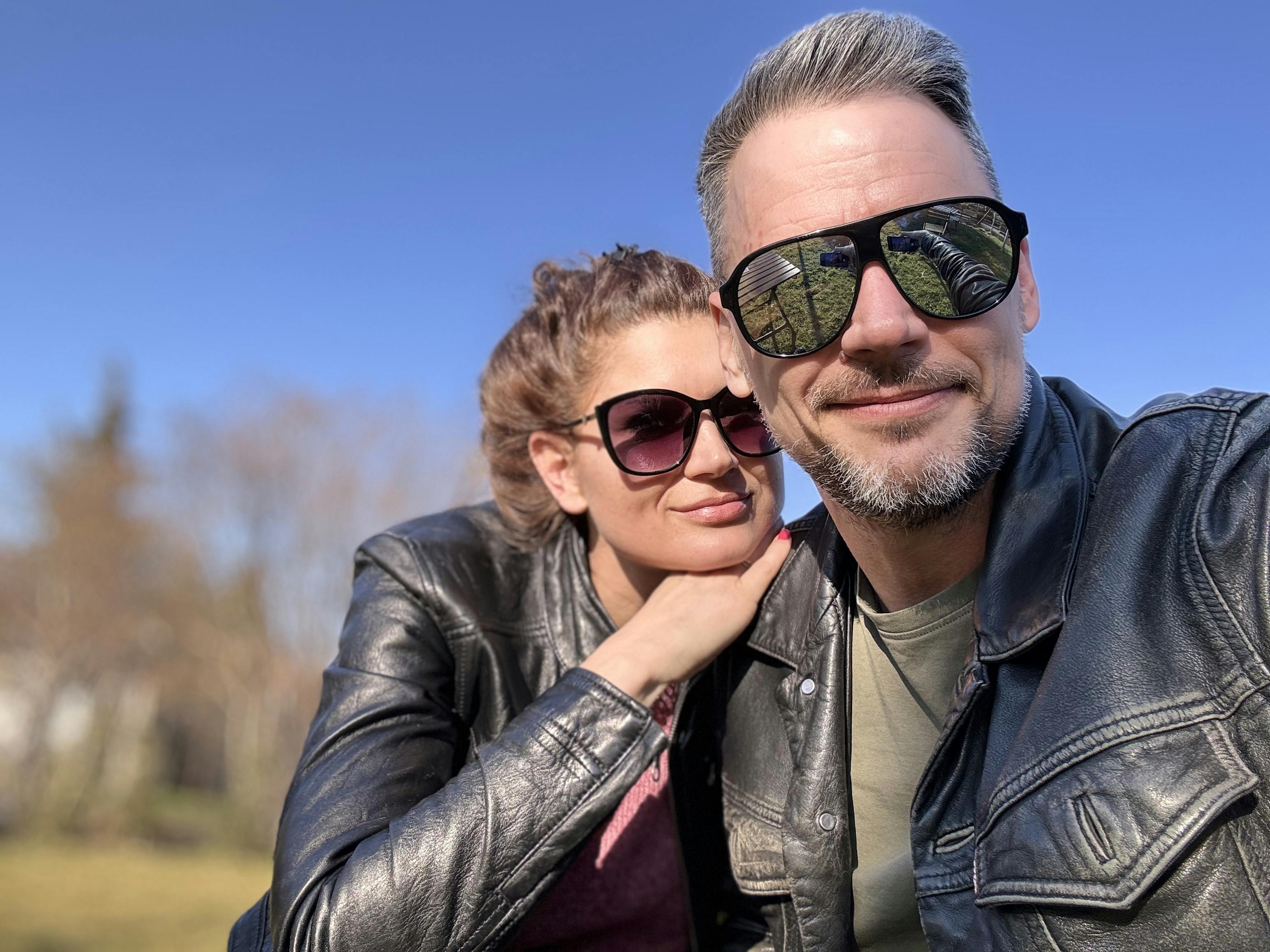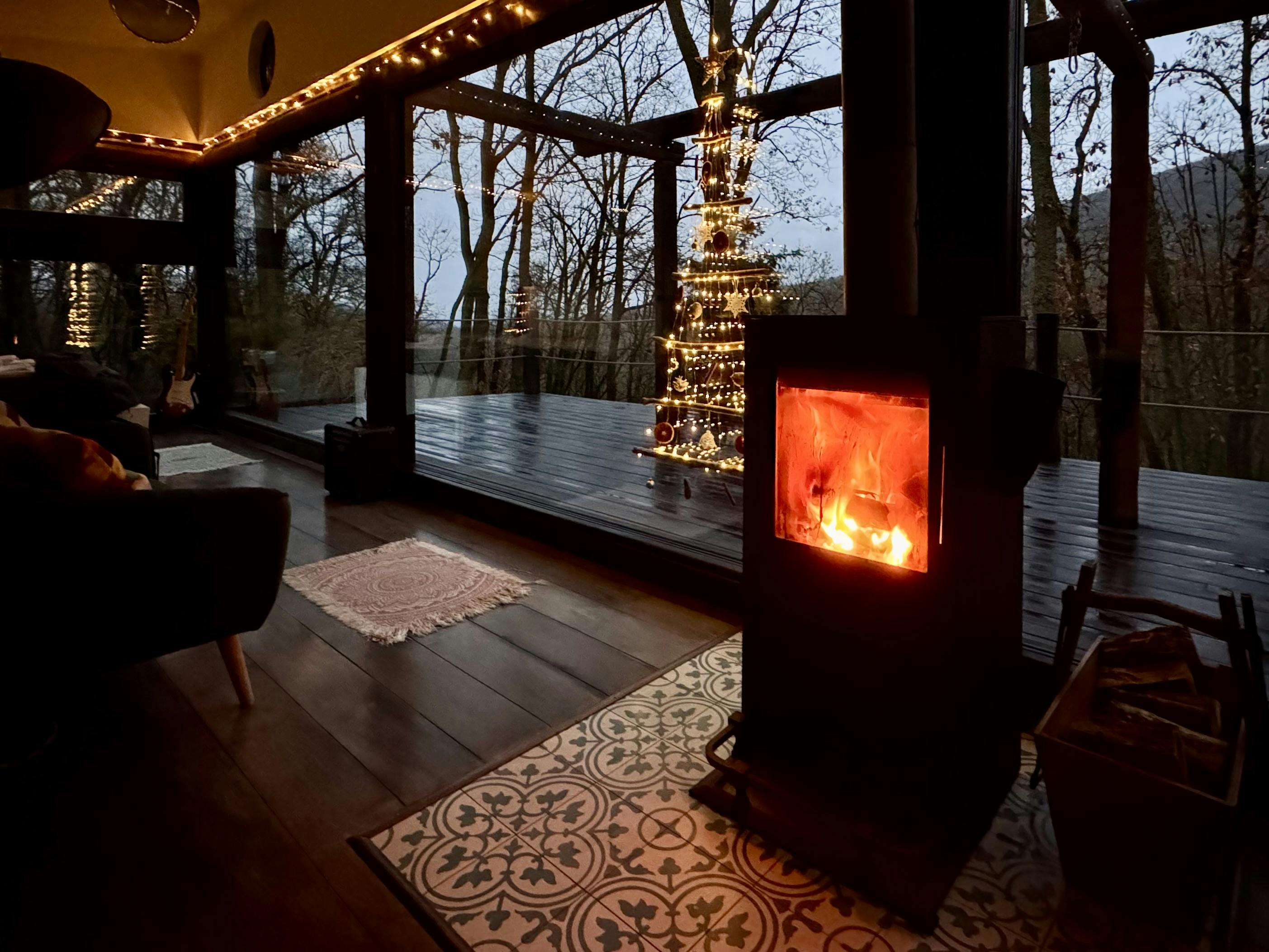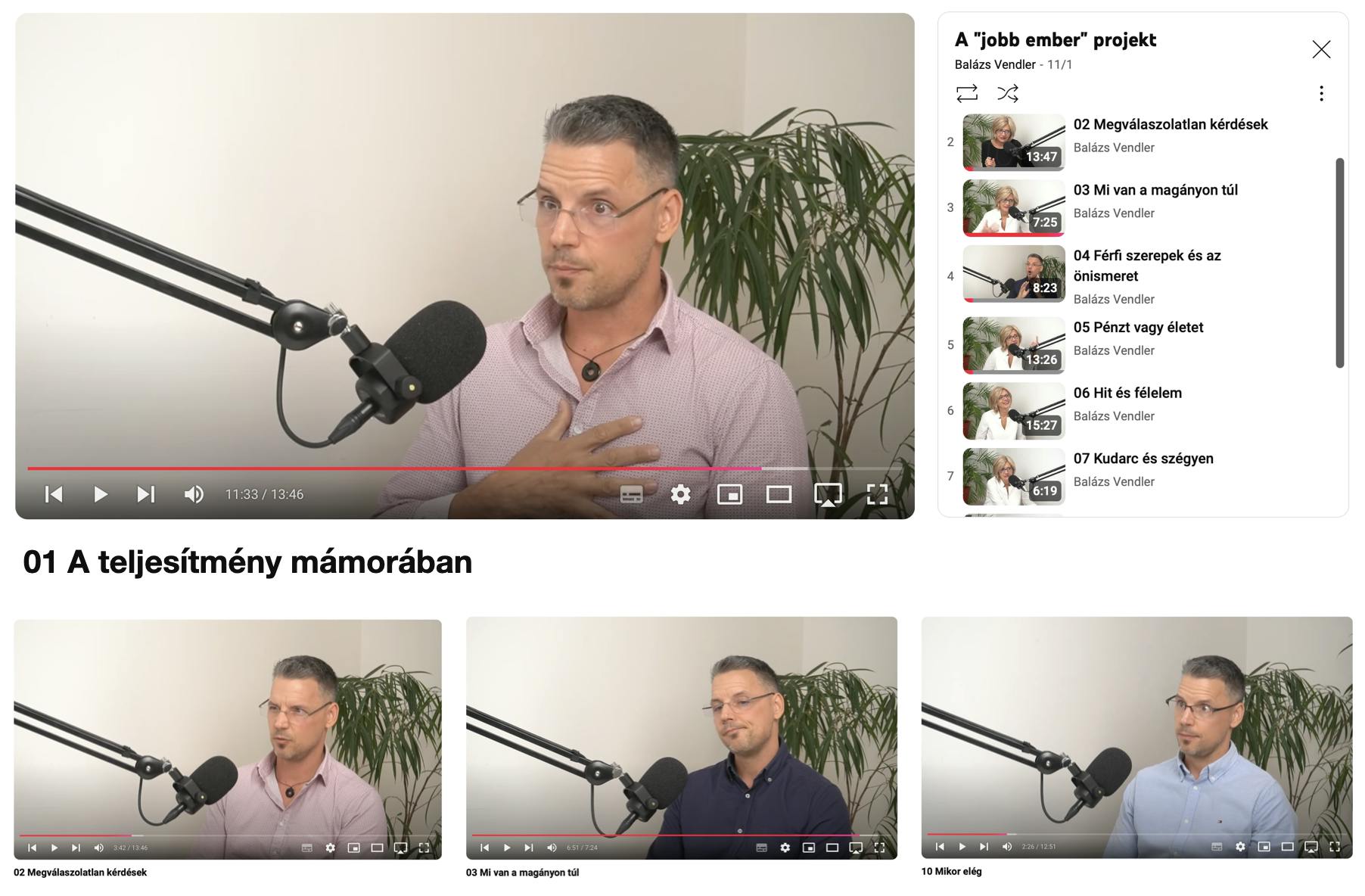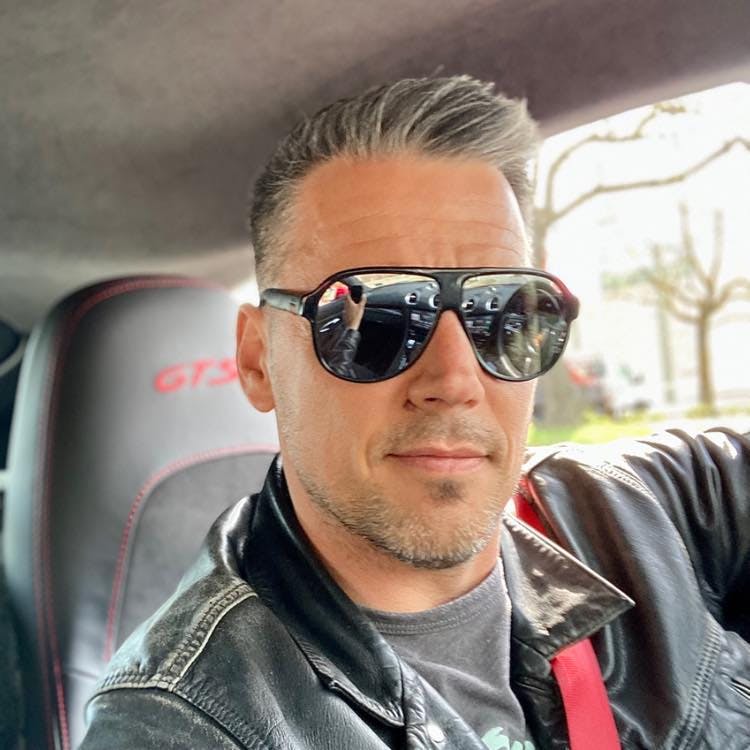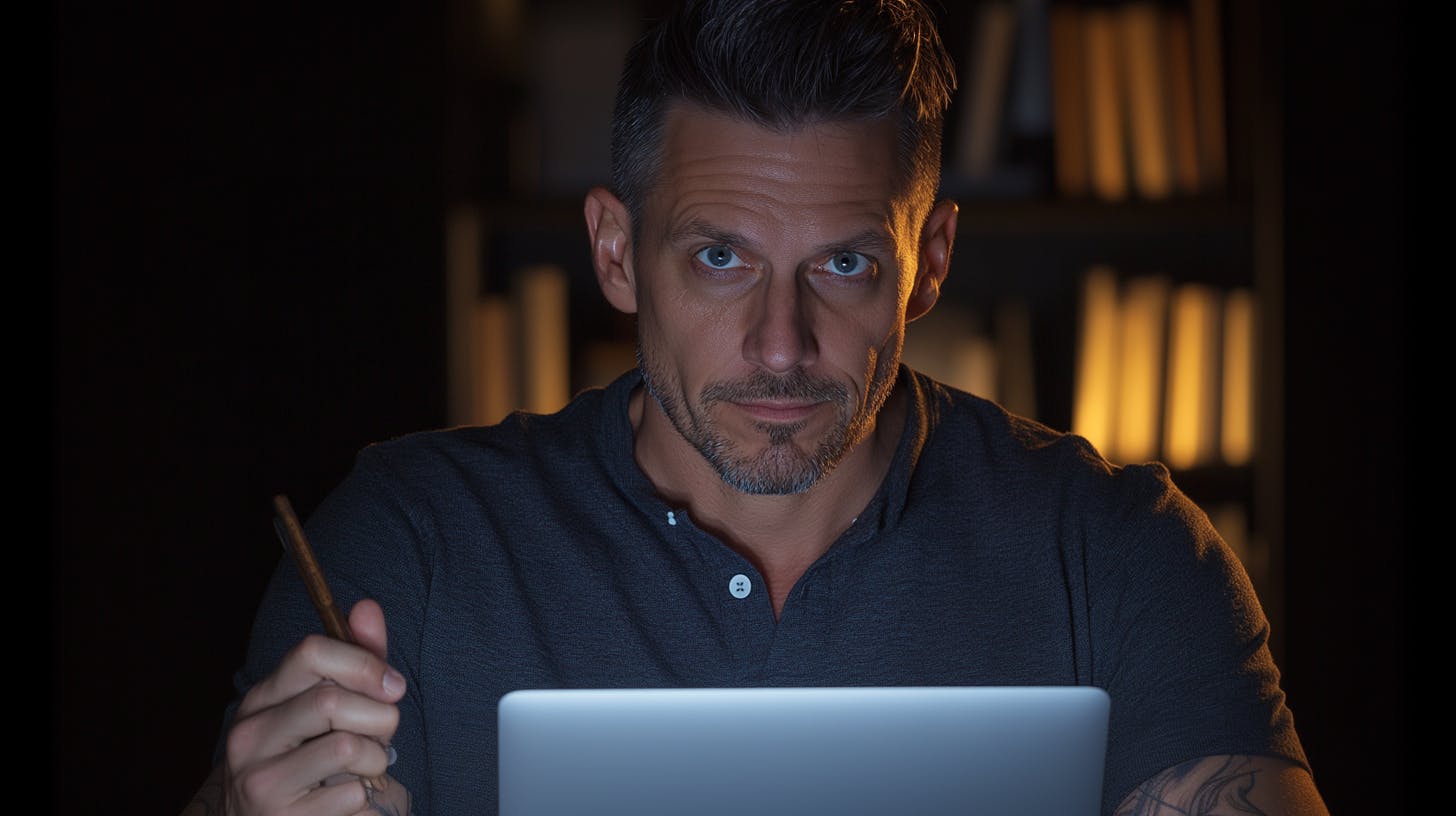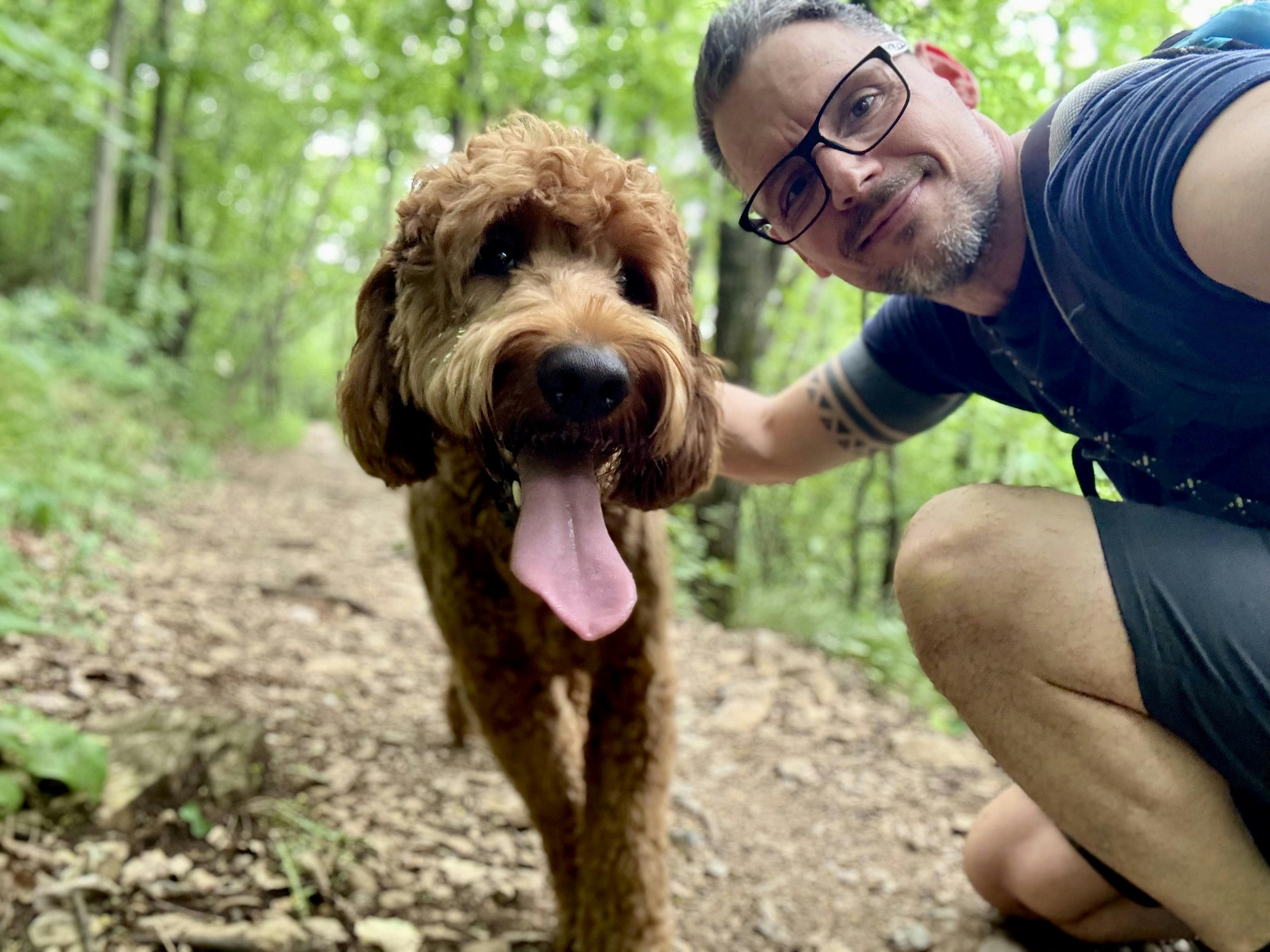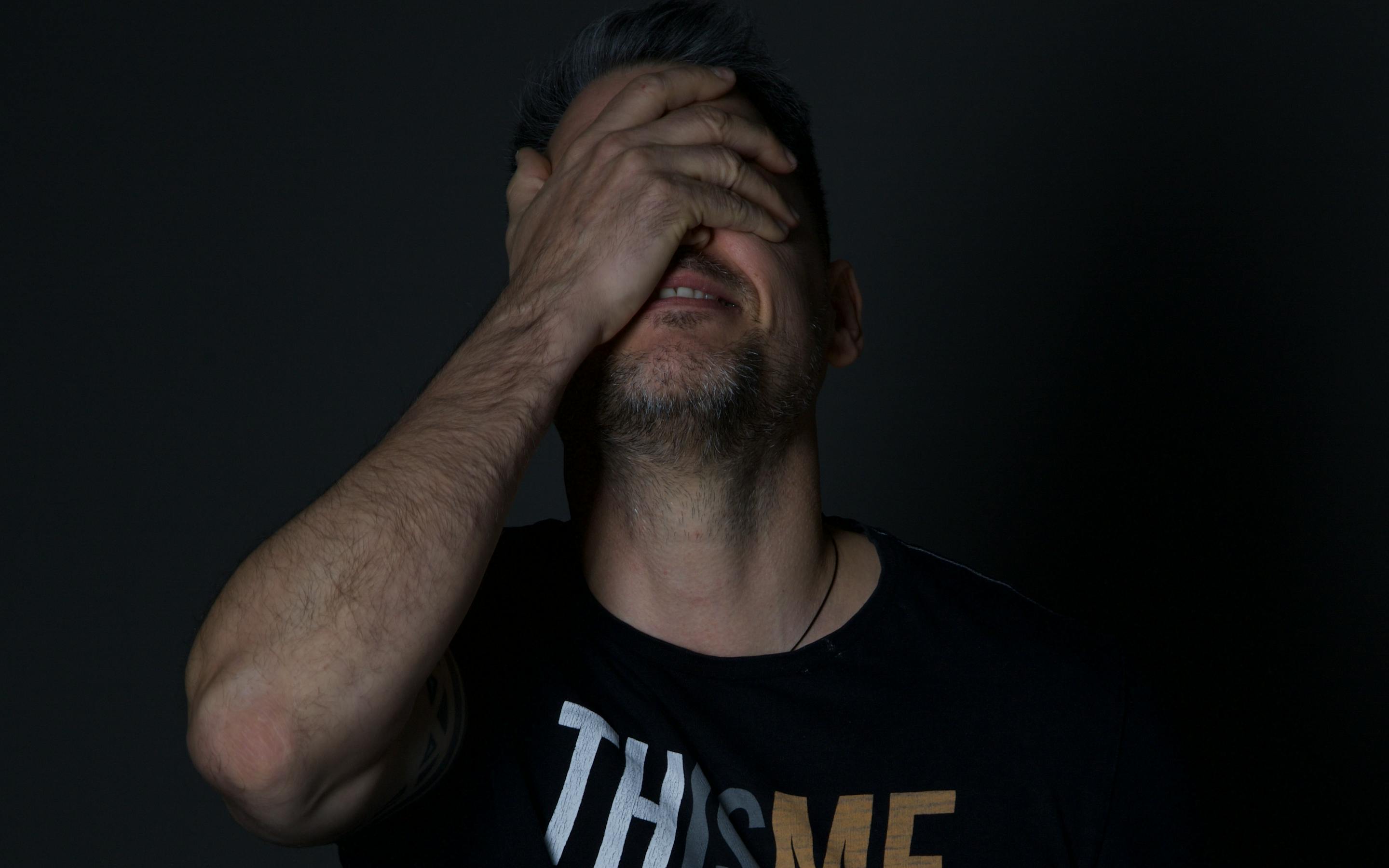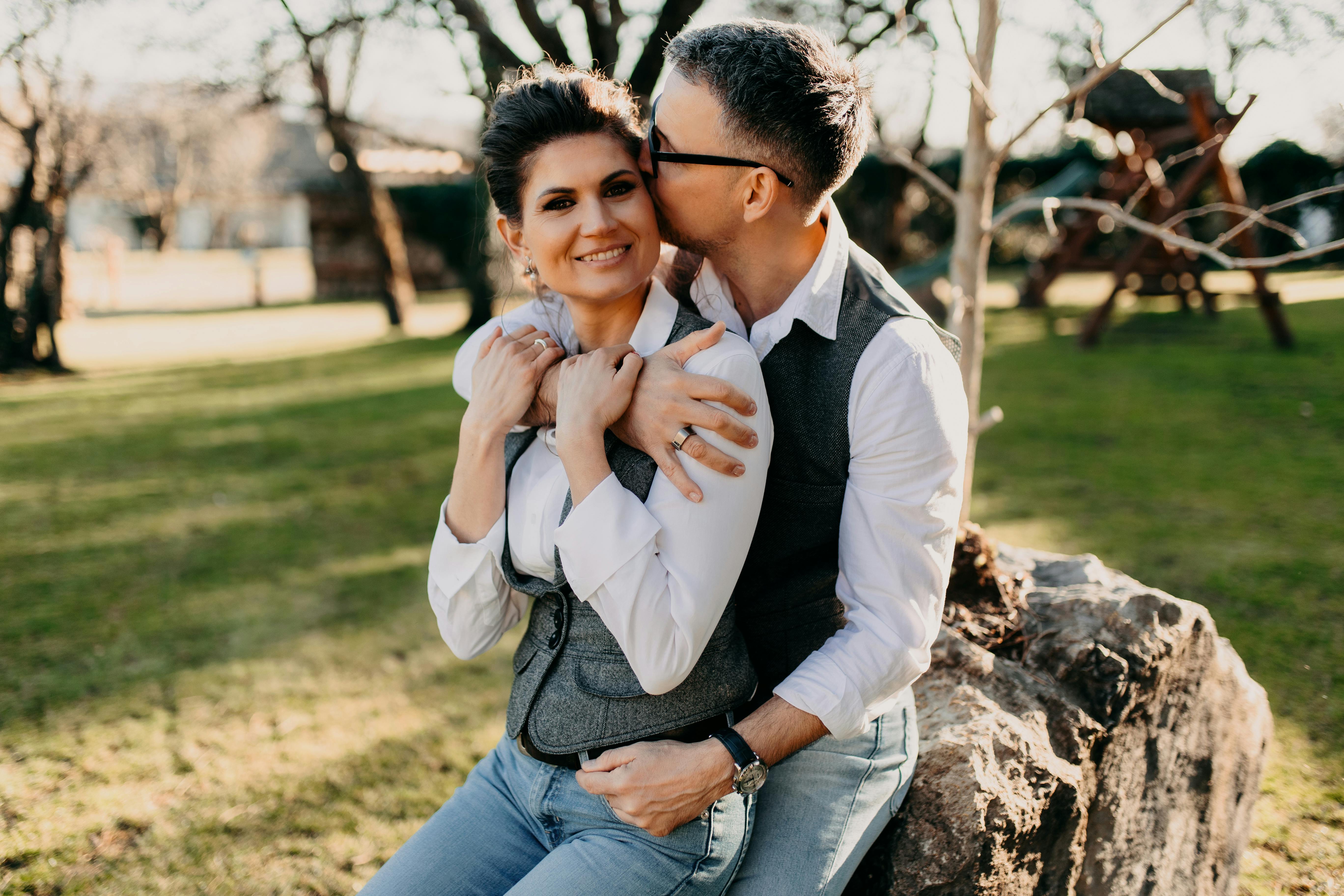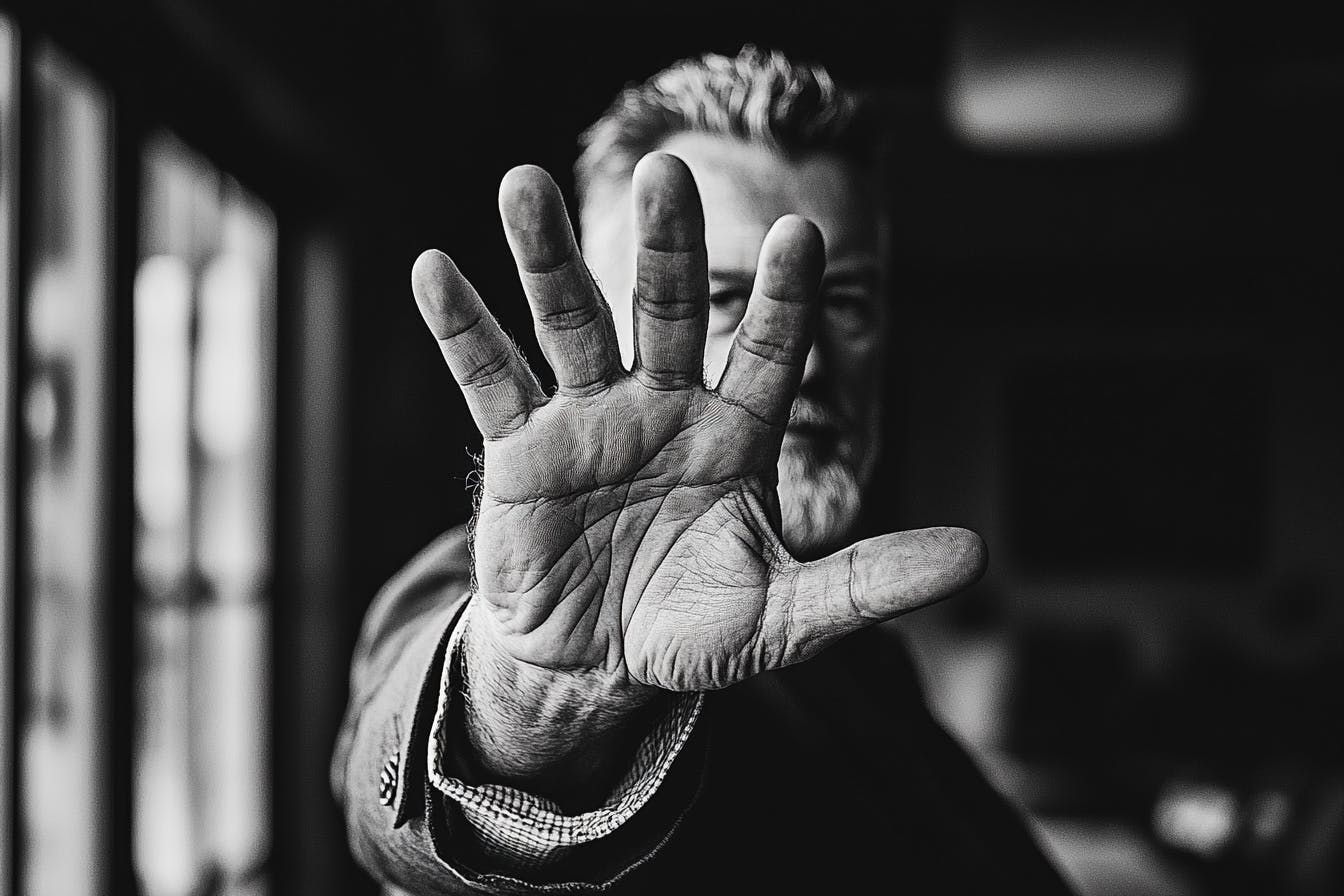
Preparation
2025.09.09.
This morning I was completely shaken by a conversation with a friend. I’ve had enough of the way public discourse is dominated—regardless of political affiliation—by a style of communication where if you disagree with someone, you’re immediately labeled a liberal fag, a Brussels lackey, a filthy Fidesz supporter, or a rotten "NER"ist (referring to Hungary’s National System of Cooperation, shorthand for government-affiliated elites).
Society is becoming dehumanized.
We’re not talking about what someone thinks, but about what group they belong to. We launch endless chains of indirect cause-and-effect arguments, and we live, hide, rebel, and hurl insults under the pressure of divisions and lines of force.
We talk about strangers, and we fear unknown groups controlled by unknown intentions. We hate them, call them whores, call them shit, and at the same time we stigmatize the acquaintances who support or sympathize with these unknowns.
But there is one thing we do not know: how to live together.
And here comes the question: what holds 10 million Hungarians together? What could be a stronger rallying cry than “corrupt gang of thieves,” “Soros lackey,” or “Ukrainian spy”? What could it be that doesn’t split a group of friends around the table in two? What could make us feel: we belong together, and we are not branded just because we experience our present differently and imagine a different future?
What I want to know is: what can I do?
Should I assimilate and become Fidesz, Tisza, Catholic, Krishna—anything, as long as I am something? Should I escape? Should I move away? Should I stay quiet, always nodding along with whoever I’m talking to, just to avoid conflict?
What can be done?
What can I do to ease the tension in conversations, especially since the campaign hasn’t even started yet…
Should I try to be a peacemaker, a bridge-builder? Someone who doesn’t want more wars around the table, who redirects the discussion toward connecting topics—shared experiences, everyday matters, stories—when conflict arises? Not because I’m a coward, but because I know there will be no common ground, and the relationship is more important than winning an ideological word-battle.
Should I rather be an attentive, understanding listener? A partner who doesn’t try to convince the other, but asks instead: “Why do you feel that way?” “Why do you think this will be good?” Should I not argue, only listen—because maybe being heard is what calms the anger?
Should I rather draw sharp boundaries, protecting myself from unsolicited political mudslinging? Should I protect my own peace of mind? If the conversation gets too toxic, should I calmly say: “I’d rather not get into this now—it’s pointless and I don’t want to.” Should I be the one who doesn’t attack, but makes clear how far I’m okay, and if that’s not respected, walks away from the conversation?
Or should I be a community-builder, a gentle resistor, a quiet revolutionary? Someone who doesn’t want to redeem all of society, but creates within their own circles—friends, family, close acquaintances—a space where there is no mudslinging, no labeling of each other, only mutual respect and attention? Even when we don’t agree.
Or all of the above? Or something else entirely? I don’t know, but I want to be prepared for the filth that’s coming.
And you—what will you do?



